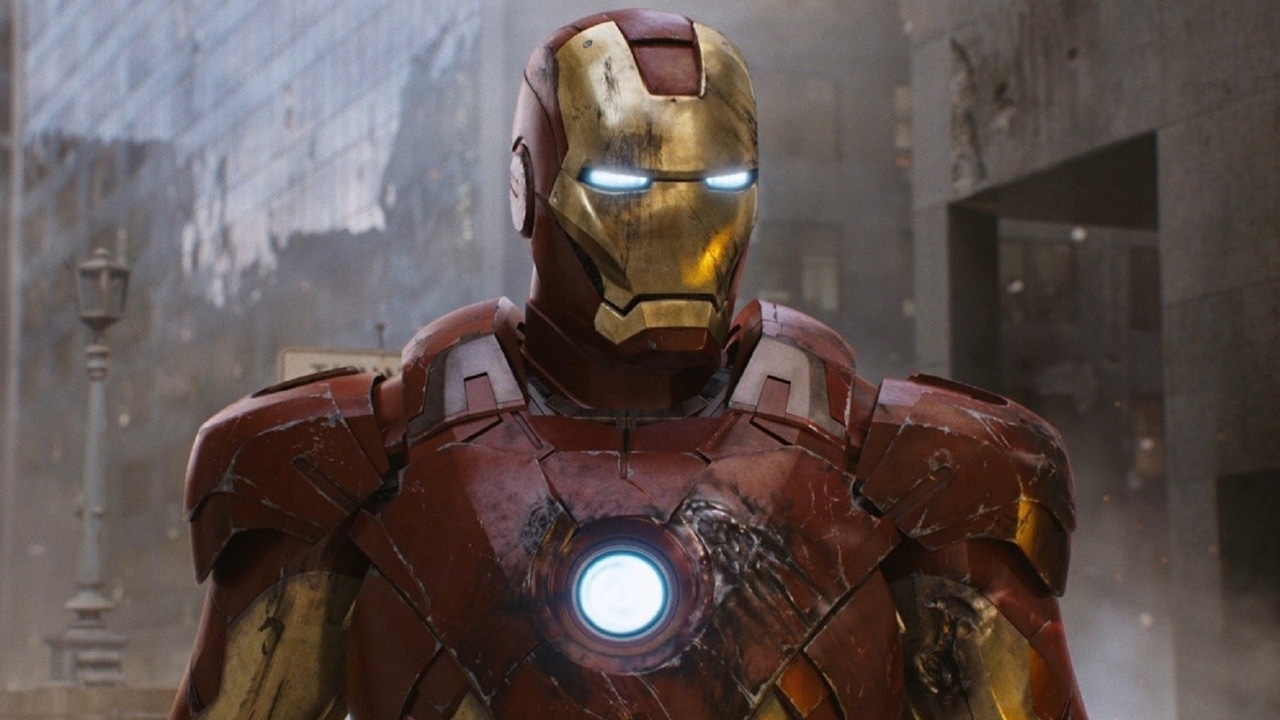Trending
Opinion: How will Project 2025 impact game developers?
The Heritage Foundation's manifesto for the possible next administration could do great harm to many, including large portions of the game development community.
A short development time and "company politics" killed the game for Marvel's armored Avenger, says Avalanche co-founder Christofer Sundberg.

"I was a mess by the end. Shortening development time, increasing budget. We would have had to hire 70-80 people to the team that I would have had responsibility to find a new project for. But development time was shortened down so much that it was impossible. It would have broken the studio completely."
- Christofer Sundberg, Avalanche Studios co-founder
Just Cause developer Avalanche Studios was approached by Disney in 2012 to work on a solo game for Iron Man, revealed co-founder Christofer Sundberg.
Speaking to MinnMax's Ben Hanson, Sundberg, who left Avalanche in 2020 to form Liquid Swords, discussed how the project fell apart due to "company politics."
While Iron Man's been a key figure in Marvel since his original film in 2008, he's mostly shared the video game space with other Avengers. After the the two tie-in video games from Sega in 2008 and 2010, there wouldn't be another Iron Man-themed game until the 2020 PlayStation VR game.
One of the reasons for the game's cancellation, stated Sundberg, was its development period. The game wasn't meant to coincide with the release of Iron Man 3, but Avalanche was asked to make it with in a short time, which wouldn't have been at all feasible.
"It would've broken the studio completely if we had agreed to that," admitted Sundberg. "We would have had to hire 70-80 people to the team that I would have had responsibility to find a new project for."
Sundberg didn't disclose much about the Iron Man game, but he did reveal that the company's focus would've been on melee combat over flight. He described as similar to the melee combat in Rocksteady's Batman: Arkham titles, saying that players would've been able to use Iron Man's fists and and repulsor blasts, then take off into the air and "fly anywhere."
Though Sundberg was glad that he didn't have to lay off any staff members, he admitted that the experience of making the Iron Man game was "painful" to let go of two years of work. "So many great people involved on both sides of the game," he said. "It would've been great."
Avalanche's woes will sound deeply familiar. The late 00s and 2010s era was infamous for several studios having to quickly go from one project to another to keep the lights on and retain staff. This was par for the course for multiple studios, and resulted in layoffs at Double Fine (before it was acquired by Microsoft) and a pre-independent IO Interactive, along with the closure of the original Telltale Games.
The closure of studios and company layoffs have been somewhat mitigated by various larger companies, such as Microsoft or EA, buying third-party developers. But acquisitions are never a guarantee of safety: mobile game developer Jam City recently laid off between 15 and 20 percent of its staff after acquiring mobile studio Ludia in September 2021.
Layoffs remain constant, and the reasons fluctuate from developer to developer. Pokemon Go developer Niantic recently laid off 8 percent of its staff as it goes through "a time of economic turmoil," according to CEO John Hanke. Pikmin Bloom, its mobile title for Nintendo, was deemed "unsuccessful," and in 2021, the studio had to sunset its AR title Harry Potter: Wizards Unite.
With Niantic's layoffs also came the cancellation of two unannounced games, codenamed "Blue Sky" and "Snowball," along with the announced titles Hamlet and Transformers Heavy Metal.
You May Also Like